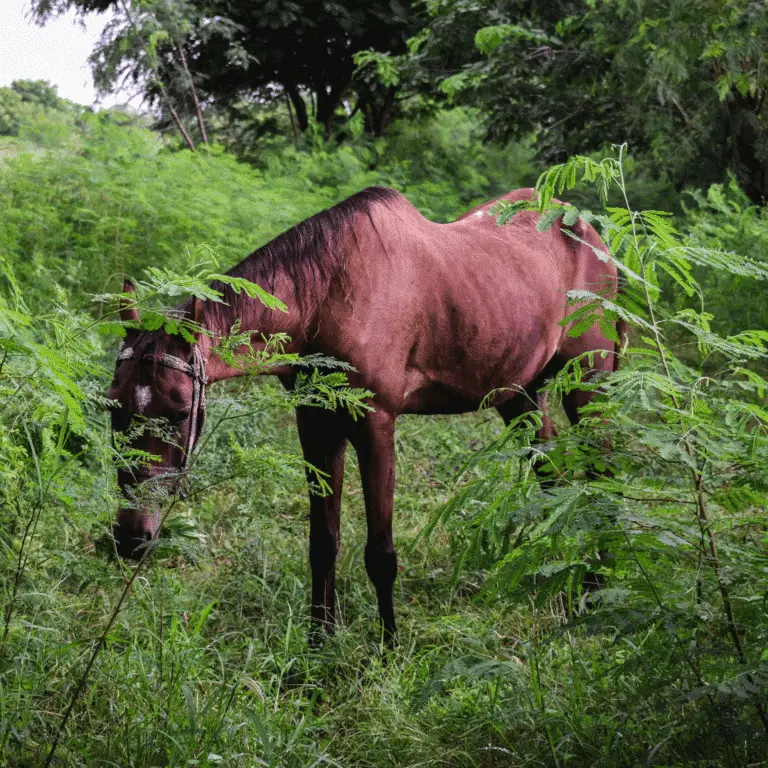Equine exertional rhabdomyolysis, more commonly known as Tying-up, causes a horse’s muscles to cramp up during or after exercise, leading to high levels of pain.
Sporadic Tying-Up – caused by over-exertion during exercise, stress, infection, nutritional deficiencies, such as a lack of electrolytes, vitamin E or selenium or other dietary issues, such as too much grain.
Chronic Tying-Up – more likely caused by underlying issues, such as a myopathy.
Severe episodes of Tying-up can be fatal.
